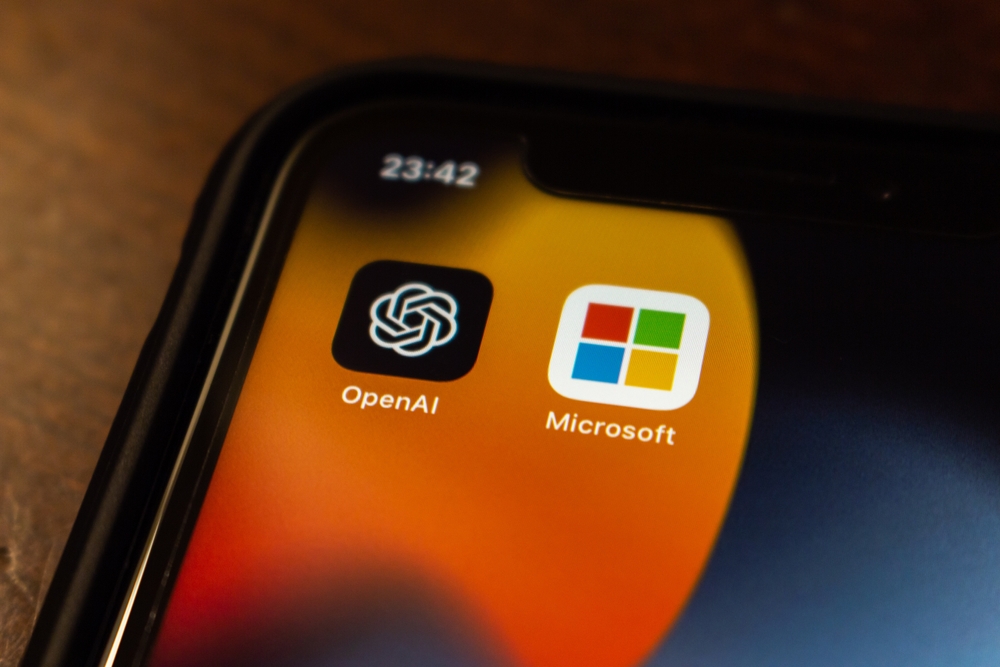The deepening relationship between Microsoft and OpenAI has raised questions about the impact on competition within the AI sector.
A coalition of civil society organizations, including human rights organizations, Article 19, has called on the European Commission to investigate Microsoft and OpenAI’s relationship under the EU Merger Regulation.
On January 9th, the EU announced it would examine the Microsoft-OpenAI relationship to see if it required a formal review under the EU Merger Regulation.
Like the Federal Trade Commission in the US, the European Commission’s probe ensures that business mergers, acquisitions, and investments don’t hinder competition within the European Economic Area.
The UK Competition and Markets Authority (CMA) is also seeking insights on the Microsoft-OpenAI partnership, reflecting widespread suspicions that Microsoft quietly overstepped the mark in its involvement with the generative AI startup.
The submission, co-signed by the Irish Council for Civil Liberties (ICCL), The Open Markets Institute (OMI), Foxglove, the Balanced Economy Project, Rebalance Now, Article 19, Mozilla Foundation, SOMO, Algorithm Watch, and the European DIGITAL SME Alliance, describes how Microsoft’s investment now totals some $10 billion, arming Microsoft with huge influence over OpenAI’s operations and strategic direction.
2019 marked a defining year for OpenAI, transitioning it from a lower-key, open-source-centric startup to a “capped” for-profit entity.
This model, designed to attract funding, limited profit to 100 times the investment, ultimately culminating in Microsoft’s first $1 billion investment.
Despite Microsoft’s assertions that its investments don’t equate to control over OpenAI, the company’s recent leadership turmoil saw Microsoft openly offer jobs to its employees amid its firing and rehiring of CEO Sam Altman.
Article 19 points to instances where Microsoft’s involvement in OpenAI’s decision-making processes and strategic directions appeared to go beyond that of a mere investor or partner, hinting at a deeper level of influence that could affect competitive dynamics within the AI industry.
They’re certainly not the first to highlight this. Elon Musk, who co-founded OpenAI, posted himself in 2023, “OpenAI was created as an open source (which is why I named it “Open” AI), non-profit company to serve as a counterweight to Google, but now it has become a closed source, maximum-profit company effectively controlled by Microsoft.”
OpenAI was created as an open source (which is why I named it “Open” AI), non-profit company to serve as a counterweight to Google, but now it has become a closed source, maximum-profit company effectively controlled by Microsoft.
Not what I intended at all.
— Elon Musk (@elonmusk) February 17, 2023
Since its founding, OpenAI has drifted from its namesake and founding principles, recently retracting certain documents from public access.
Microsoft’s progressively escalating stake in OpenAI has seen it develop many of its own tools using the GPT models, including Copilot.
In fact, OpenAI is one of the key reasons why Microsoft’s revenue is rocketing past analyst forecasts.
While relations between the two companies seem to ebb and flow, it’s certainly the strongest partnership we’ve seen in the burgeoning generative AI industry.
Implications for competition and innovation
Article 19 discusses concerns that the partnership could undermine the principles of fair competition and stifle innovation in the AI domain.
It argues that Microsoft’s financial investments, its role as OpenAI’s exclusive cloud provider, and the potential for privileged access to OpenAI’s technologies offer Microsoft an undue advantage.
This could fortify Microsoft’s position in the AI market and limit the scope for other competitors, including smaller AI startups, to thrive and innovate independently.
The submission underscores the need for regulatory bodies, such as the European Commission’s Directorate-General for Competition (DG COMP), to thoroughly investigate the partnership.
This doesn’t just fall under the purview of EU regulation – the FTC, under Chair Lina Khan, is also launching an inquiry into the relationships between leading AI startups, such as OpenAI, and tech giants like Microsoft, Amazon, and Google.
In its blog post, Article 19 stipulates 24 questions regulators should probe of the Microsoft-OpenAI relationship.
It discusses investment, Microsoft’s non-voting position on OpenAI’s board, and Microsoft Azure, which has become OpenAI’s exclusive cloud provider.
You can view the whole submission PDF here.





